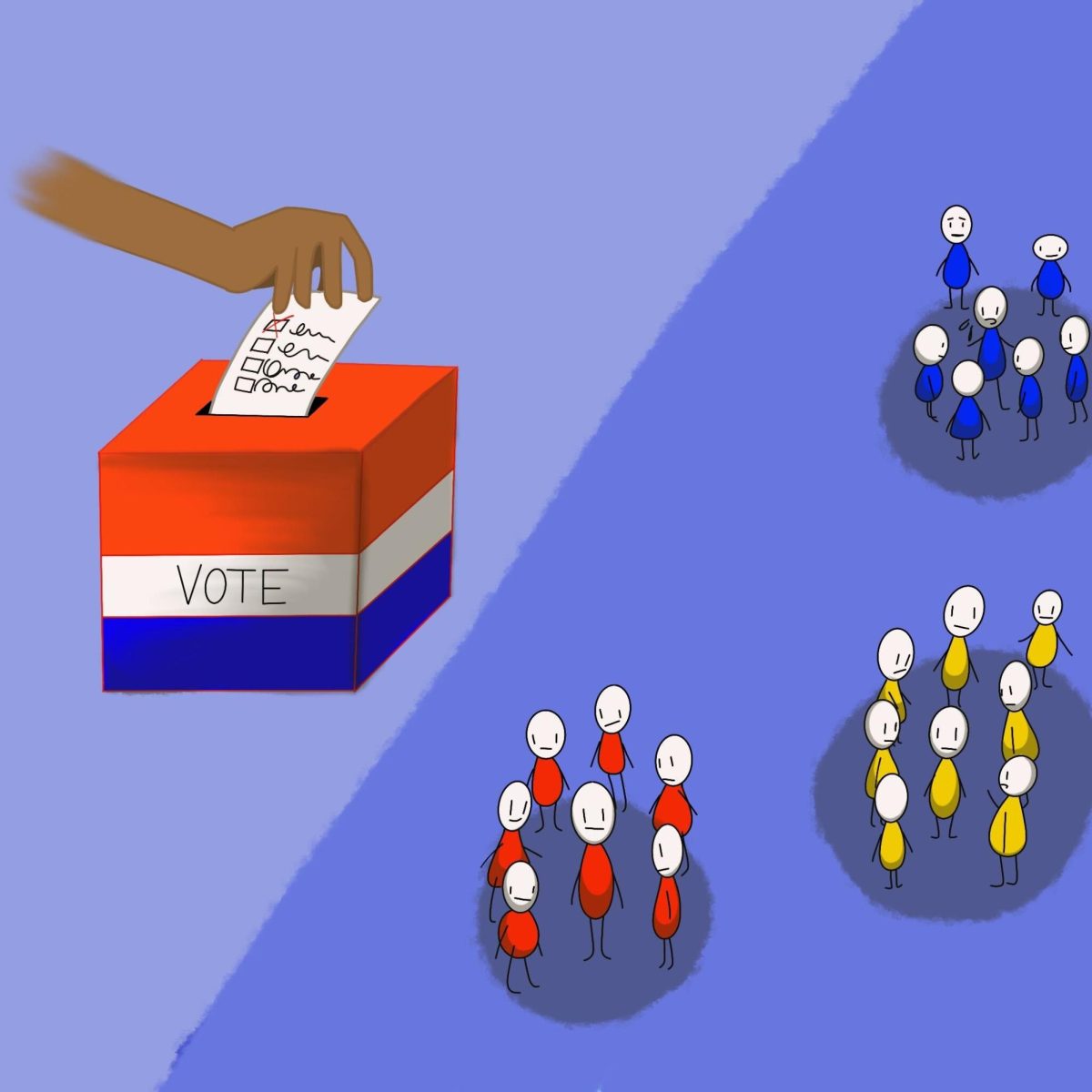Andrew Scognamiglio, senior, is looking forward to voting in the 2024 presidential election this fall and participating in the candidate nomination process.
“I’ve always had an interest in politics and who is running our government,” Scognamiglio said. “How do people elect their officials and why does it matter.”
Due to a revision of Missouri election laws in 2022, party-organized systems will take the place of the statewide open presidential primary. The Missouri Republican Party will have a caucus and the Missouri Democratic Party will have a hybrid primary system.
Jim McHugh, election judge coordinator, recruits and organizes election judges and student election judges with the St. Louis County Board of Elections.
McHugh said the former Missouri presidential primaries included primaries for the Republican, Democratic, and Libertarian parties. The state legislature determined the rules and format of the primaries.
I’ve always had an interest in politics and who is running our government. How do people elect their officials and why does it matter.
— Andrew Scognamiglio
“If the state decides not to do a primary, then all of the election rules and regulations go directly to the parties,” McHugh said. “The parties have all of [the decision-making] power to themselves, except for when they have to answer to their national parties.”
This caucus system will give declared Republican voters the opportunity to support their candidates, McHugh said. After candidate representatives speak and supporters of each candidate move to specific areas of the room, organizers determine each candidate’s percentage of supporters. For candidates who do not meet a minimum percentage of votes, usually 15%, those voters either leave the caucus or join another candidate they prefer.
The statewide primary is open to more than only party members, and McHugh said many argue that caucuses, traditionally closed to non-party members, better represent what real party members believe and support. Though McHugh prefers having a primary, he said it requires significant work.
“When we do an election in St. Louis County, there’s a lot of staff hours put in,” McHugh said. “Afterwards, you have to make sure that the votes are counted properly, the election is certified, and all the equipment and all the information from the previous election is properly reviewed.”
McHugh said he hopes many Missouri residents participate in the electoral processes, whether it’s in the general election or nominating a candidate for a political party.
Erin Sullenger, government teacher, said the caucus process often takes more time and resources than a primary.
“It also has the ability for compromise as well,” she said. “If you get the right people together, they can sometimes make a decision.”
If the state decides not to do a primary, then all of the election rules and regulations go directly to the parties.
— Jim McHugh
Eliminating the statewide primary might discourage some citizens from participating in this part of the election process, Sullenger said, as the process is now more complicated.
“There is not a huge percentage of people that participate in the primary process as it is,” she said.
Sullenger said the change will require significant communication to Missouri residents as to why it is occurring and how to participate; otherwise, many will simply wait for the general election.
Scognamiglio said he prefers the caucus system the Missouri GOP has adopted for determining the nominee because a primary is often too disconnected.
A major problem in both primaries and caucuses is the lack of transparency, Scognamiglio said.
“A big concern for American voters is ‘When I go vote [for a party nominee], does my vote actually count?’” he said.
Scognamiglio said it doesn’t matter how long the presidential nomination process is, as long as it is thorough and accurate.
This story was originally published on Marquette Messenger on February 16, 2024.


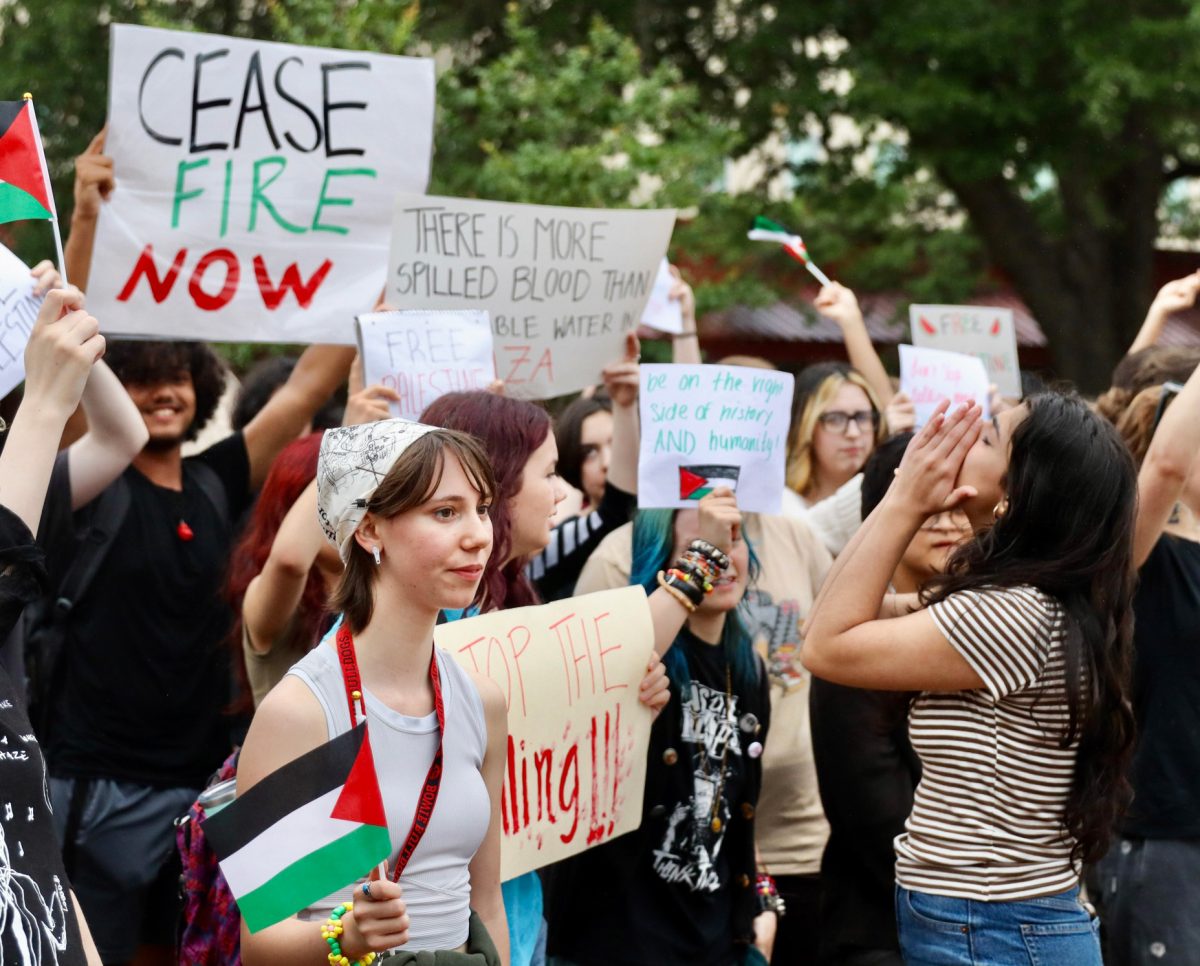
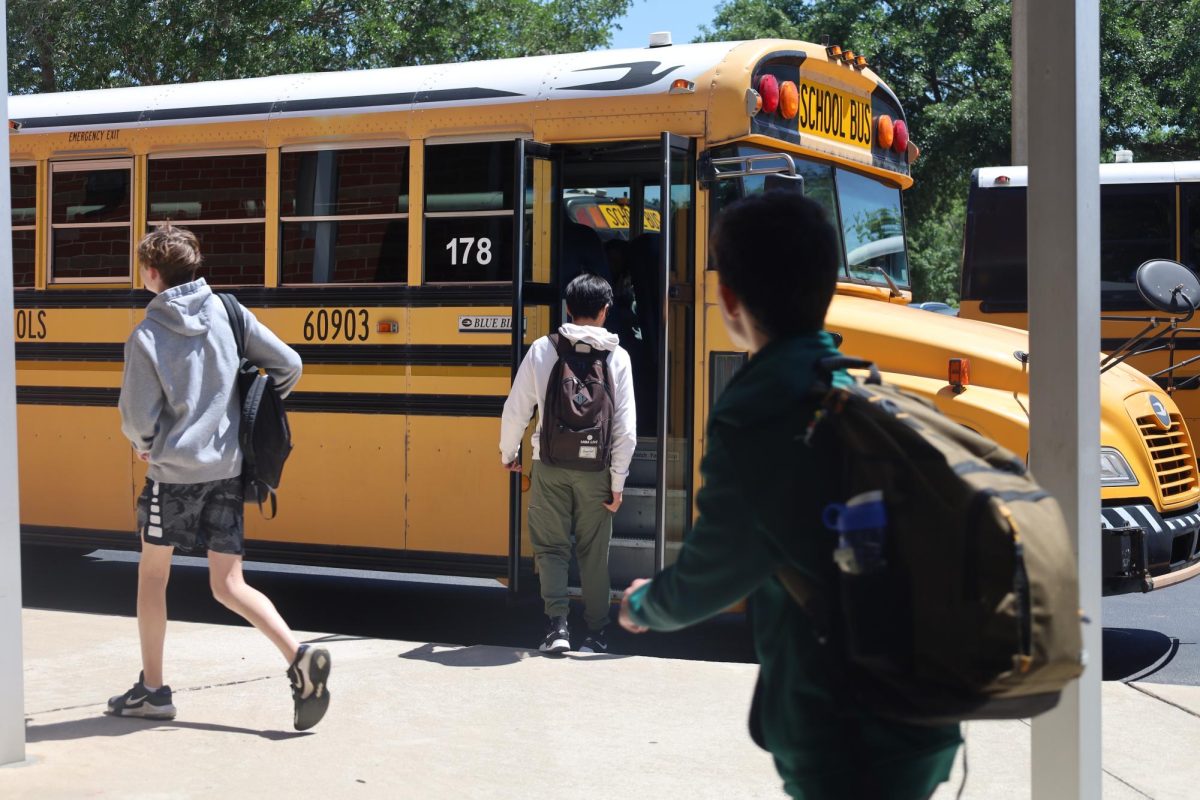
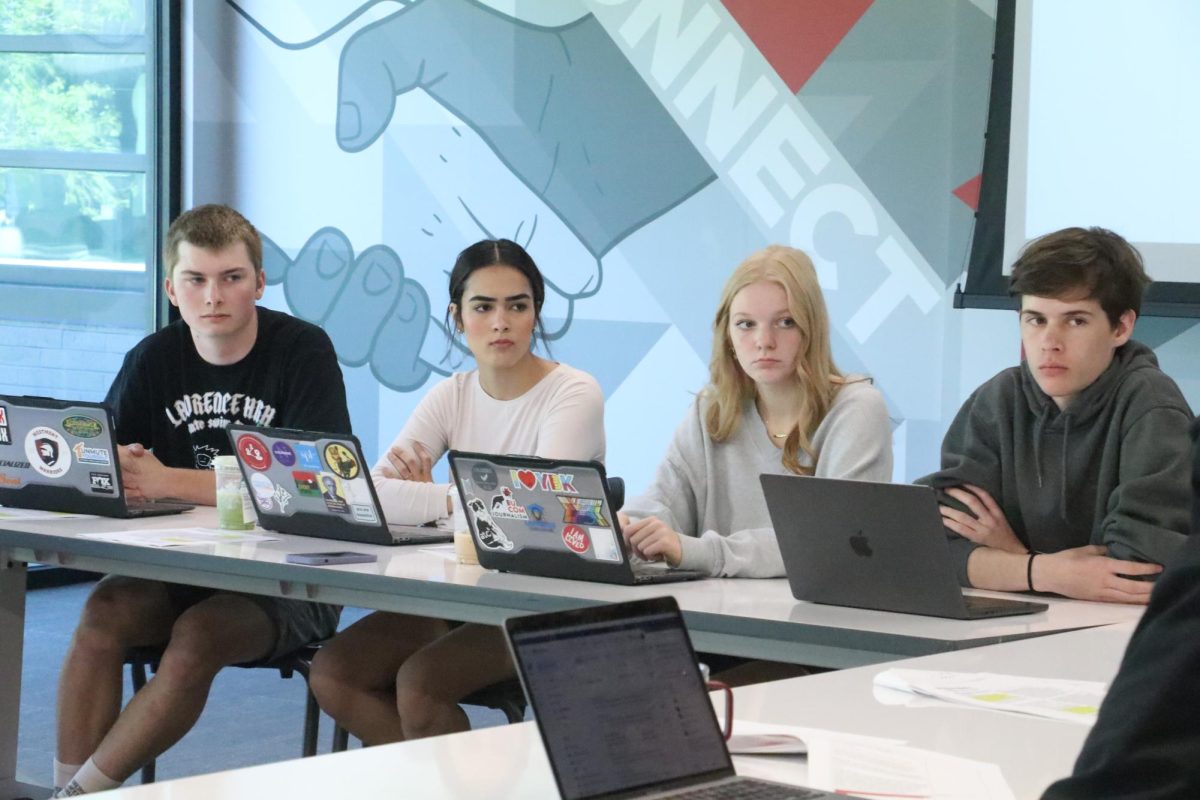


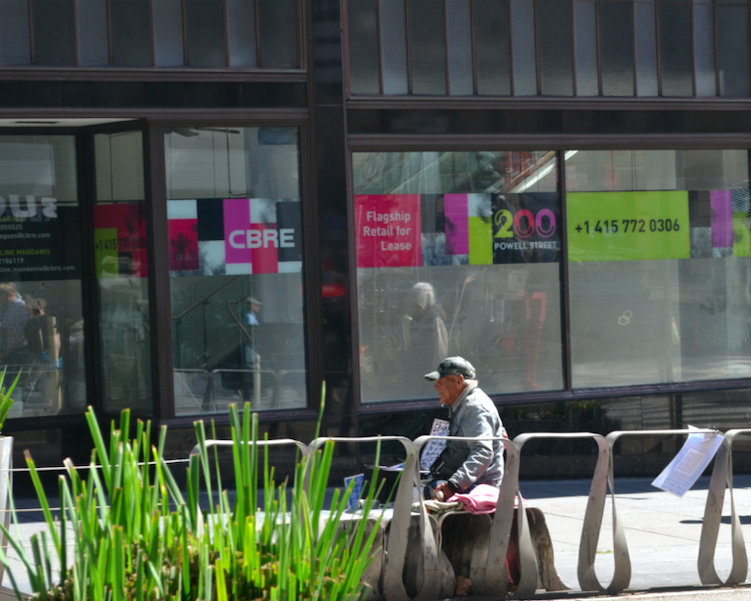

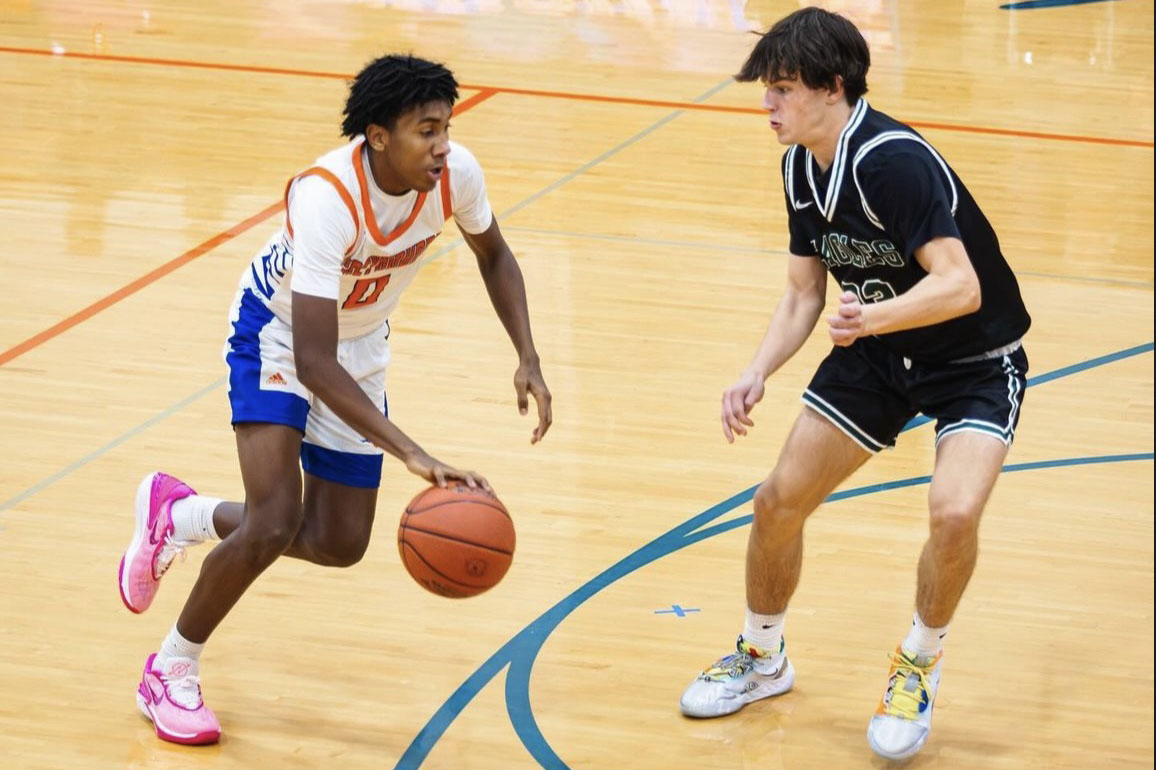
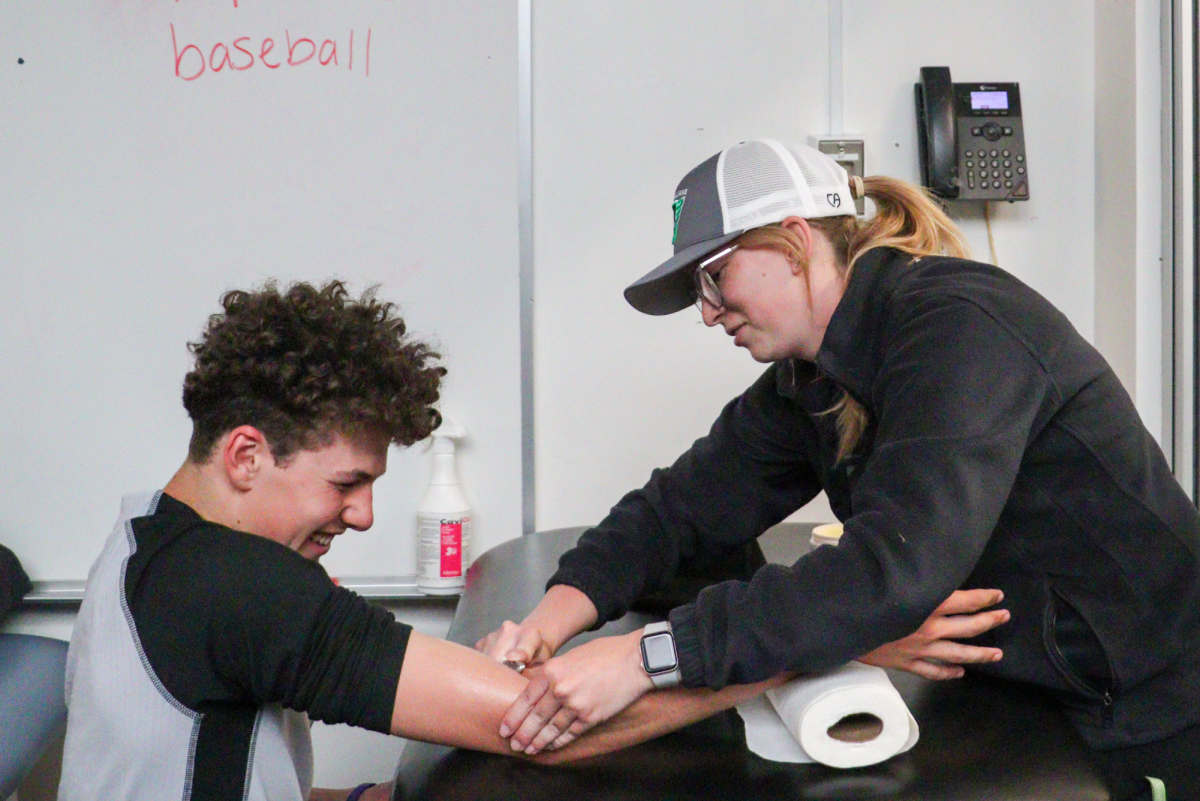



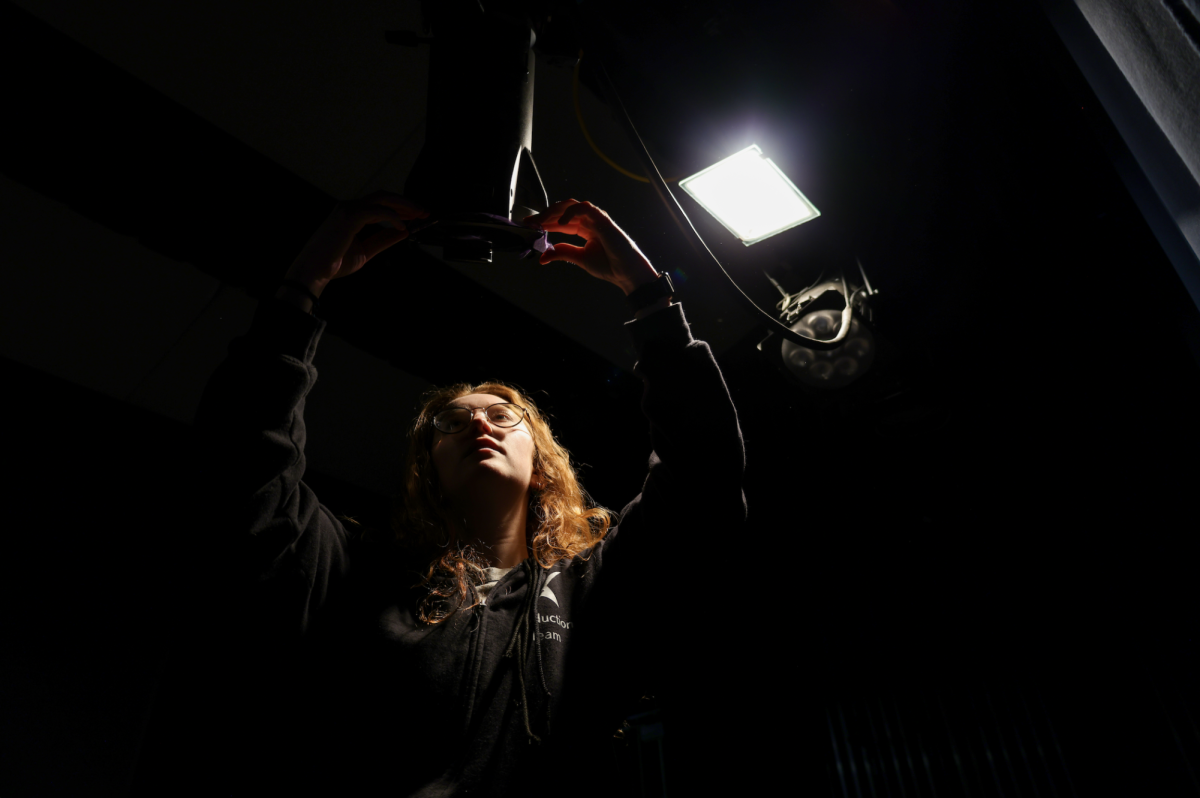






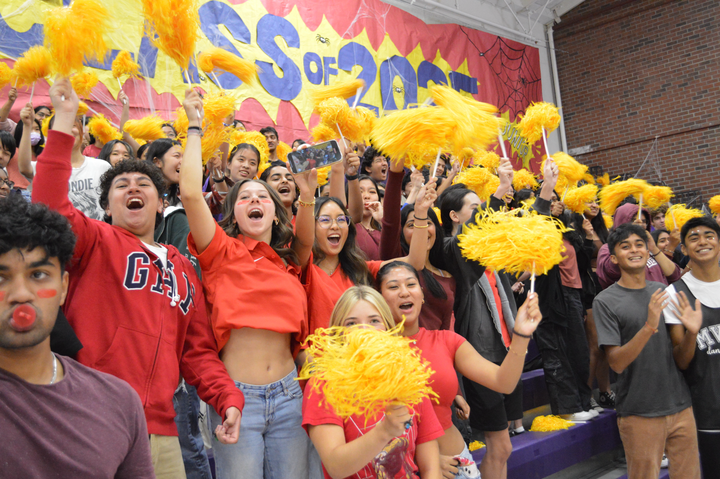

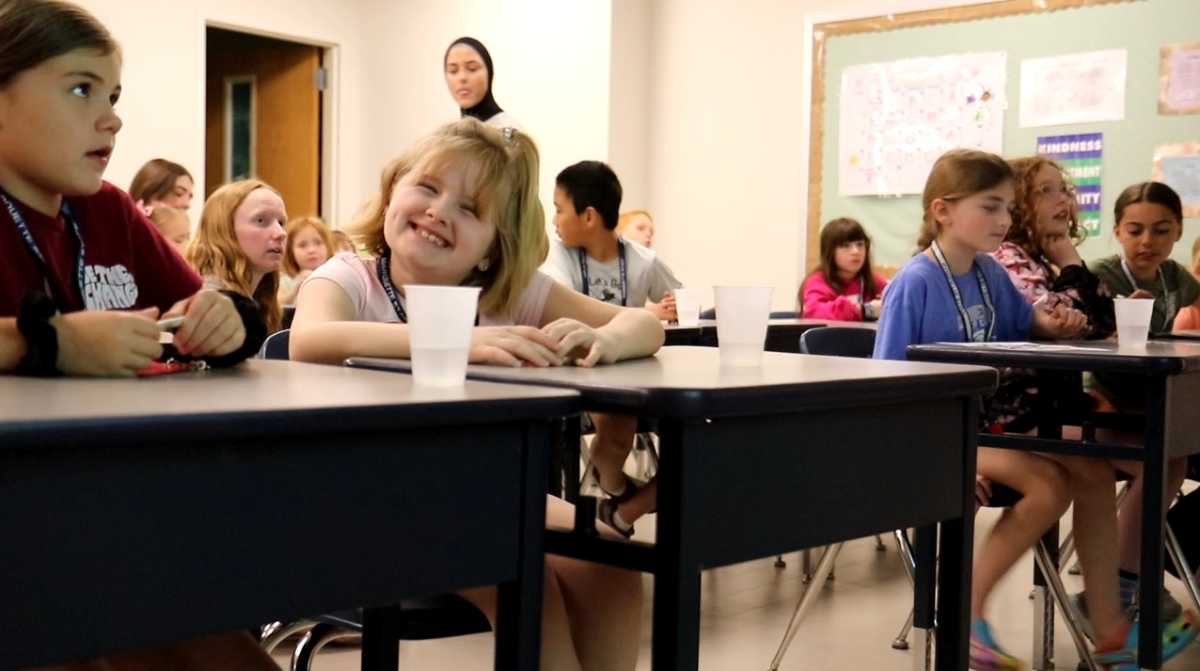
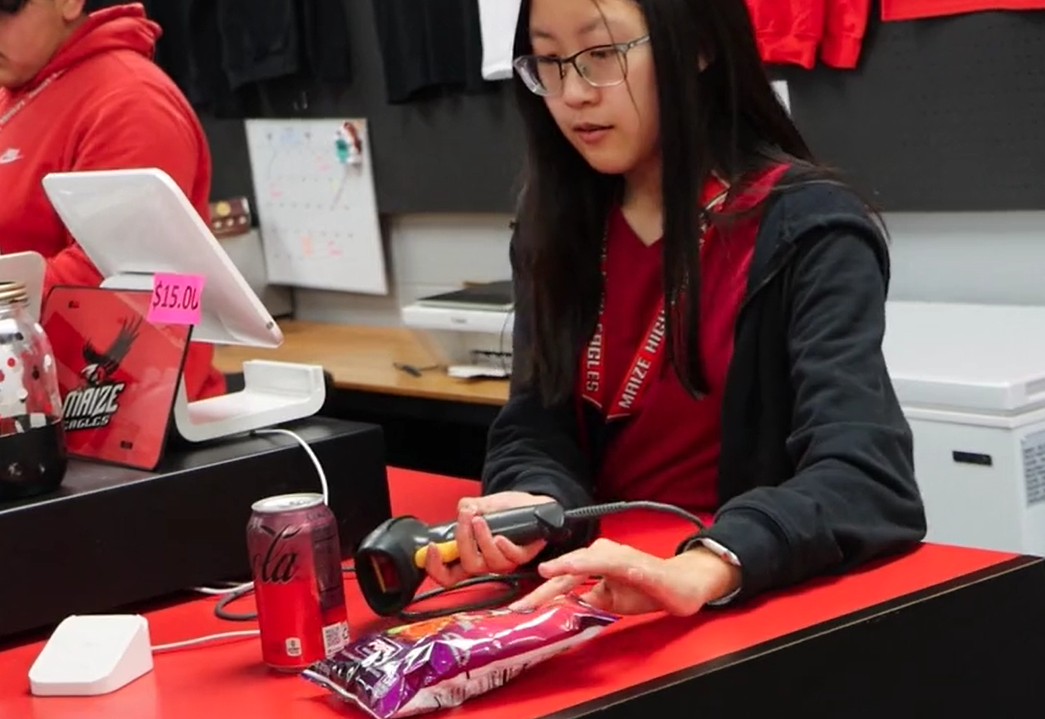







![IN THE SPOTLIGHT: Junior Zalie Mann performs “I Love to Cry at Weddings,” an ensemble piece from the fall musical Sweet Charity, to prospective students during the Fine Arts Showcase on Wednesday, Nov. 8. The showcase is a compilation of performances and demonstrations from each fine arts strand offered at McCallum. This show is put on so that prospective students can see if they are interested in joining an academy or major.
Sweet Charity originally ran the weekends of Sept. 28 and Oct. 8, but made a comeback for the Fine Arts Showcase.
“[Being at the front in the spotlight] is my favorite part of the whole dance, so I was super happy to be on stage performing and smiling at the audience,” Mann said.
Mann performed in both the musical theatre performance and dance excerpt “Ethereal,” a contemporary piece choreographed by the new dance director Terrance Carson, in the showcase. With also being a dance ambassador, Mann got to talk about what MAC dance is, her experience and answer any questions the aspiring arts majors and their parents may have.
Caption by Maya Tackett.](https://bestofsno.com/wp-content/uploads/2024/02/53321803427_47cd17fe70_o-1-1200x800.jpg)
![SPREADING THE JOY: Sophomore Chim Becker poses with sophomores Cozbi Sims and Lou Davidson while manning a table at the Hispanic Heritage treat day during lunch of Sept 28. Becker is a part of the students of color alliance, who put together the activity to raise money for their club.
“It [the stand] was really fun because McCallum has a lot of latino kids,” Becker said. “And I think it was nice that I could share the stuff that I usually just have at home with people who have never tried it before.”
Becker recognizes the importance of celebrating Hispanic heritage at Mac.
“I think its important to celebrate,” Becker said. “Because our culture is awesome and super cool, and everybody should be able to learn about other cultures of the world.”
Caption by JoJo Barnard.](https://bestofsno.com/wp-content/uploads/2024/01/53221601352_4127a81c41_o-1200x675.jpg)


